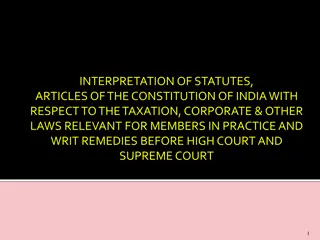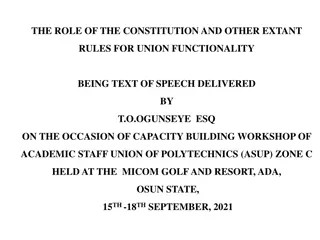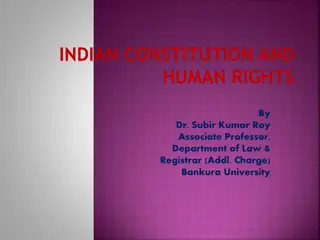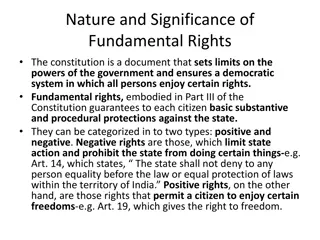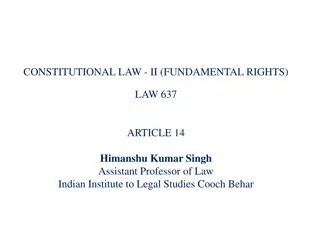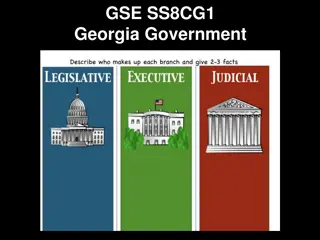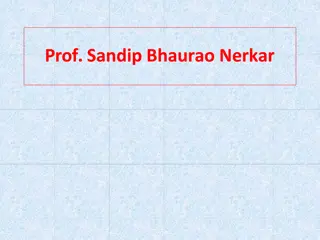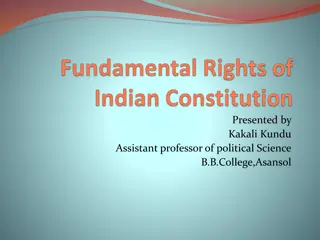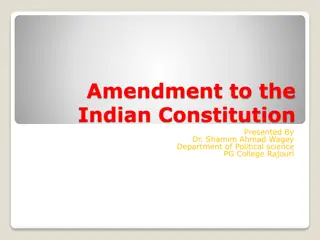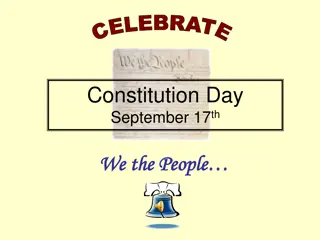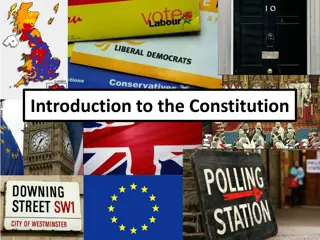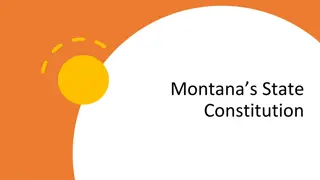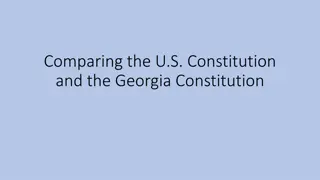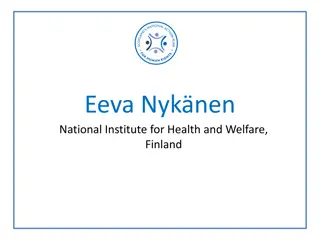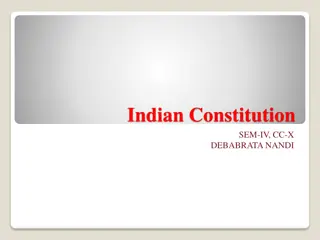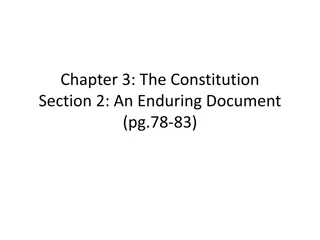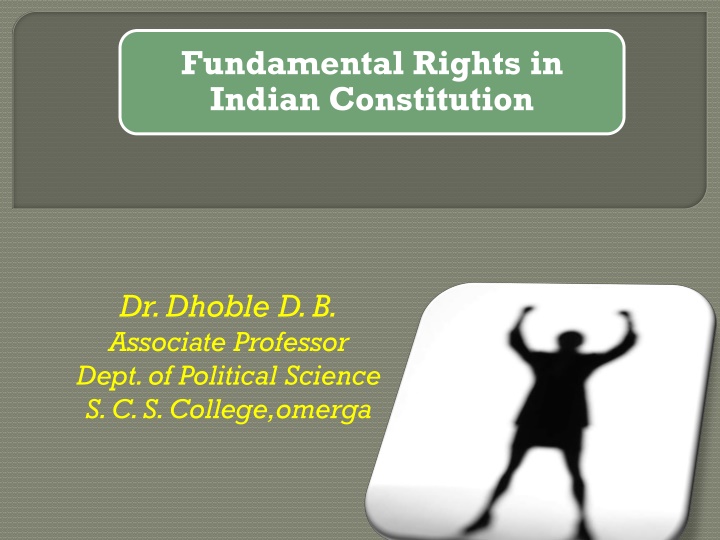
Insights into Fundamental Rights and Human Rights in Indian Constitution
Explore the significance of Fundamental Rights and Human Rights in the Indian Constitution, highlighting their role in protecting individuals from abuse and discrimination. Learn about the historical background, international developments, and inherent rights that shape the modern understanding of human rights. Delve into key aspects such as equality, freedom, protection against exploitation, religious freedom, and constitutional remedies.
Download Presentation

Please find below an Image/Link to download the presentation.
The content on the website is provided AS IS for your information and personal use only. It may not be sold, licensed, or shared on other websites without obtaining consent from the author. If you encounter any issues during the download, it is possible that the publisher has removed the file from their server.
You are allowed to download the files provided on this website for personal or commercial use, subject to the condition that they are used lawfully. All files are the property of their respective owners.
The content on the website is provided AS IS for your information and personal use only. It may not be sold, licensed, or shared on other websites without obtaining consent from the author.
E N D
Presentation Transcript
Fundamental Rights in Indian Constitution Dr. Dhoble D. B. Associate Professor Dept. of Political Science S. C. S. College,omerga
Human rights help to protect people everywhere from political, legal, or social abuse .Human rights are the same for all human beings regardless of religion, race, gender, nation they live in, or their family background. The middle and the late nineteenth century saw a number of issues such as slavery, very bad working conditions, and child labour.
The World Wars and the huge loss of life and abuse of human rights that resulted from it were the driving forces in developing norms to safeguard human rights. Today, we live in a world where all people have certain basic human rights and are treated equally. On 10 December, 1948, the United Nations (UN) adopted and proclaimed the Universal Declaration of Human Rights. Rights in fact are those conditions of social life without which no man can seek in general to be himself at his best Prof. Laski.
1. Making in Natural Right 2. Human Right for control on monarchy a. Magna carta-1215 b. Petition of Rights -1628 c. Bill of Right- 1689 3. American and French Revolution (4 July 1776 & 1789 ) 4. International Treaty for protection of Human Right. 5. Russian Revolution (1917) 6. UN & Human Rights
1. Rights of Equality a. Equality before Law b. No Discrimination c. Equal opportunity d. Abolition of Untouchability e. Abolition of Titles 2. Rights to freedom a. Freedom of Speech and Expression b. To assemble peaceably and without Arms c. To Form Association of Union d. Freedom of Movement e. To reside and settle in any part of the Indian Territory f. To practice any profession of to carry any occupation trade or business
3. Rights against Exploitation 4. Right to freedom of Religion 5. Cultural and Educational Rights 6. Rights to Property 7. Right to Constitutional Remedies a. Habeas Corpus b. Mandamus c. Prohibition d.Quo-warranto f. Certiorari * Evaluation of Fundamental Rights

